Introduction to Dedan Kimathi University of Technology:
Basic Introduction
Establishment time: It officially became an independent university in 2012. Its predecessor can be traced back to a national secondary technical and commercial learning institution established in 1972, and began operations as a technical college in 1978.
Institutional nature: Public university.
Location: Located in Nyeri County, Kenya, 6 kilometers from Nyeri Town, along the Nyeri-Mwega Road.
Historical evolution: Started in 1972, became a constituent college of Jomo Kenyatta University of Agriculture and Technology in 2007, and was chartered on December 14, 2012 to become a fully mature public university. It is the first university in Kenya to be chartered under the new University Act of 2012 and the eighth public university in the country.
School strength
Student size: There are about 12,000 undergraduates and 500 postgraduates.
Faculty: It has a professional faculty team to provide strong support for teaching and scientific research.
Curriculum: Undergraduate and postgraduate courses are provided through five colleges and five institutes, covering multiple fields such as business management, engineering, science, computer science and information technology, nursing, etc., and there are also technical diploma courses.
Educational philosophy: It is committed to providing students with high-quality learning experience through technical education, cultivating talents with practical skills and innovation capabilities to promote social and economic development and achieve a better life through technology.
Key laboratories and disciplines
Key disciplines: Engineering disciplines and majors such as food bioresource technology, geographic information and remote sensing may be the key development directions.
Key laboratories: There are professional laboratories such as the Advanced Manufacturing Training Center to provide support for teaching and research in disciplines such as engineering.
Faculties and colleges
Colleges: There are business schools, engineering schools, science schools, computer science and information technology schools, and nursing schools.
Institutes: Including the Institute of Geographic Information, Geographic Information Systems and Remote Sensing, the Institute of Food Bioresource Technology, the Geothermal Energy Training and Research Institute, the Institute of Tourism and Hotel Management, etc.
School ranking: There is no clear international authoritative ranking, but it is one of the important institutions of higher learning in Kenya and has a certain status in the field of technical education.
Cost
Tuition: Referring to the general situation of public universities in Kenya, the tuition fees for domestic students are relatively low, and the tuition fees for international students may be around US$3,000-6,000 per year, depending on the major.
Living expenses: In the Nyeri area, students' monthly living expenses include accommodation, food, transportation, etc., which are about US$300-600.
Campus environment
Campus size: The campus covers an area of about 1,000 acres, including 350 acres of natural forest, 350 acres of mature coffee gardens and 300 acres of open space for expansion.
Supporting facilities: There are modern teaching buildings, libraries, laboratories and other teaching facilities, as well as coffee farms as research centers for coffee research and development, and wildlife reserves, where animals such as llamas, wildebeests and zebras are raised. The school has comprehensive sports facilities, including fields for rugby, football, hockey, basketball and volleyball, and hosts inter-school competitions such as the Mount Kenya 7s Rugby Championship every year.
-
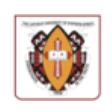
Catholic University of Eastern Africa
-
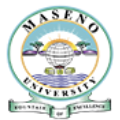
Maseno University
-
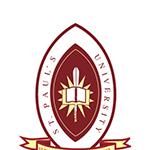
St. Paul's University
-
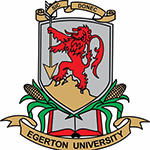
Egerton University
-

Daystar University
-
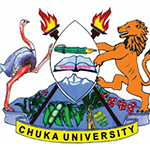
Chuka University
-
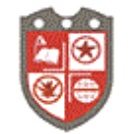
Laikipia University
-
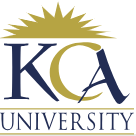
KCA University
-
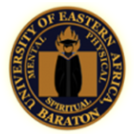
University of Eastern Africa, Baraton
-
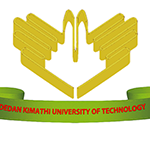
Dedan Kimathi University of Technology
-

Mesoamerican University
-

Istmo University
-

Mariano Galvez University of Guatemala
-

Regional University of Guatemala
-

Galileo University
-

Francisco Marroquín University
-

Rafael Landívar University
-

University of the Valley of Guatemala
-

University of San Carlos of Guatemala
-

Technological Institute of Tlaxcala Plateau
-

Golfo University
-

Technological University of South Sonora
-

Technological University of Huejotzingo
-

Tizimín Institute of Technology
-

Chilpancingo Institute of Technology
